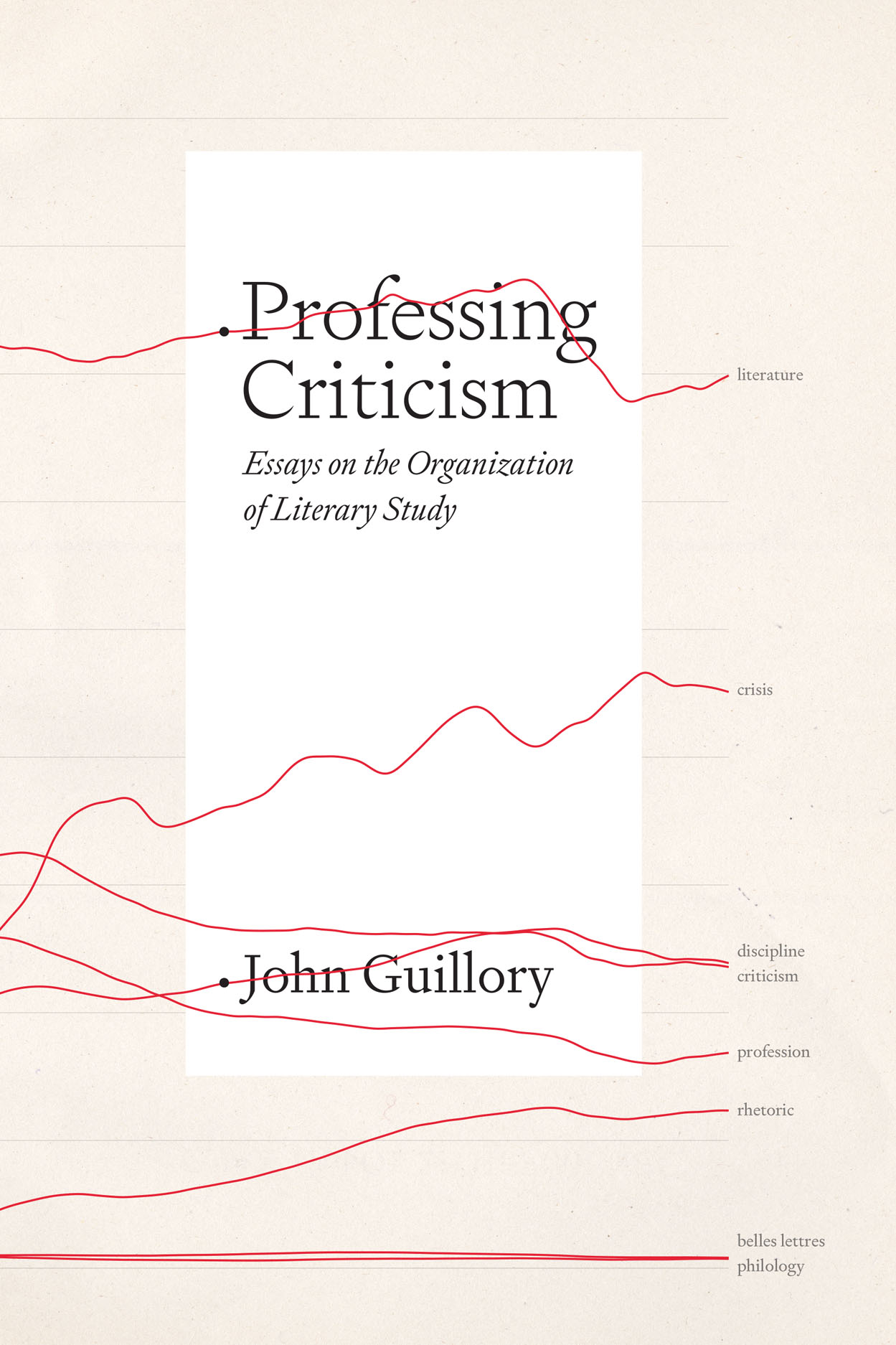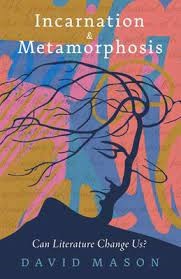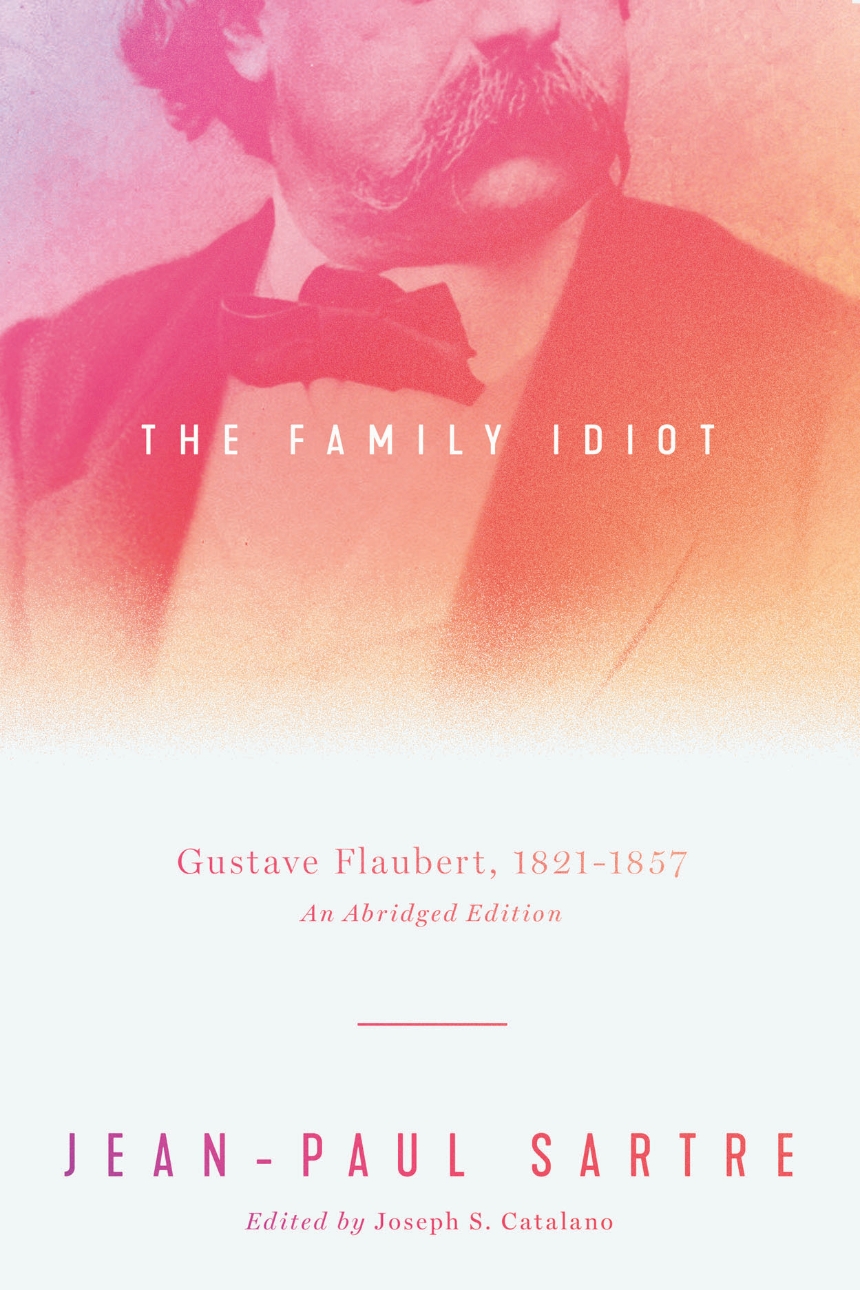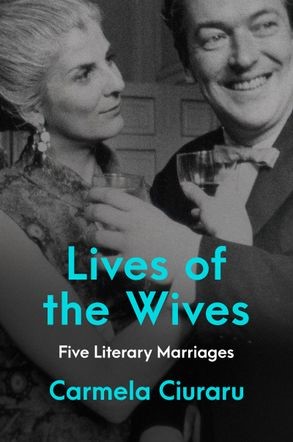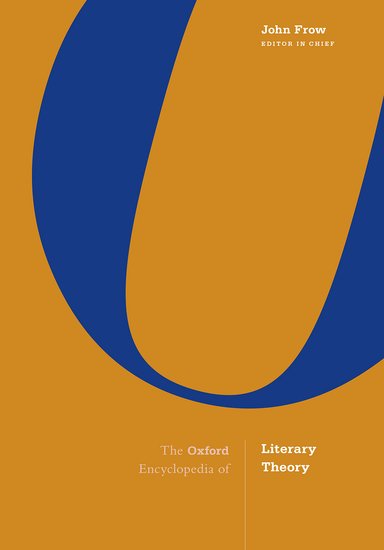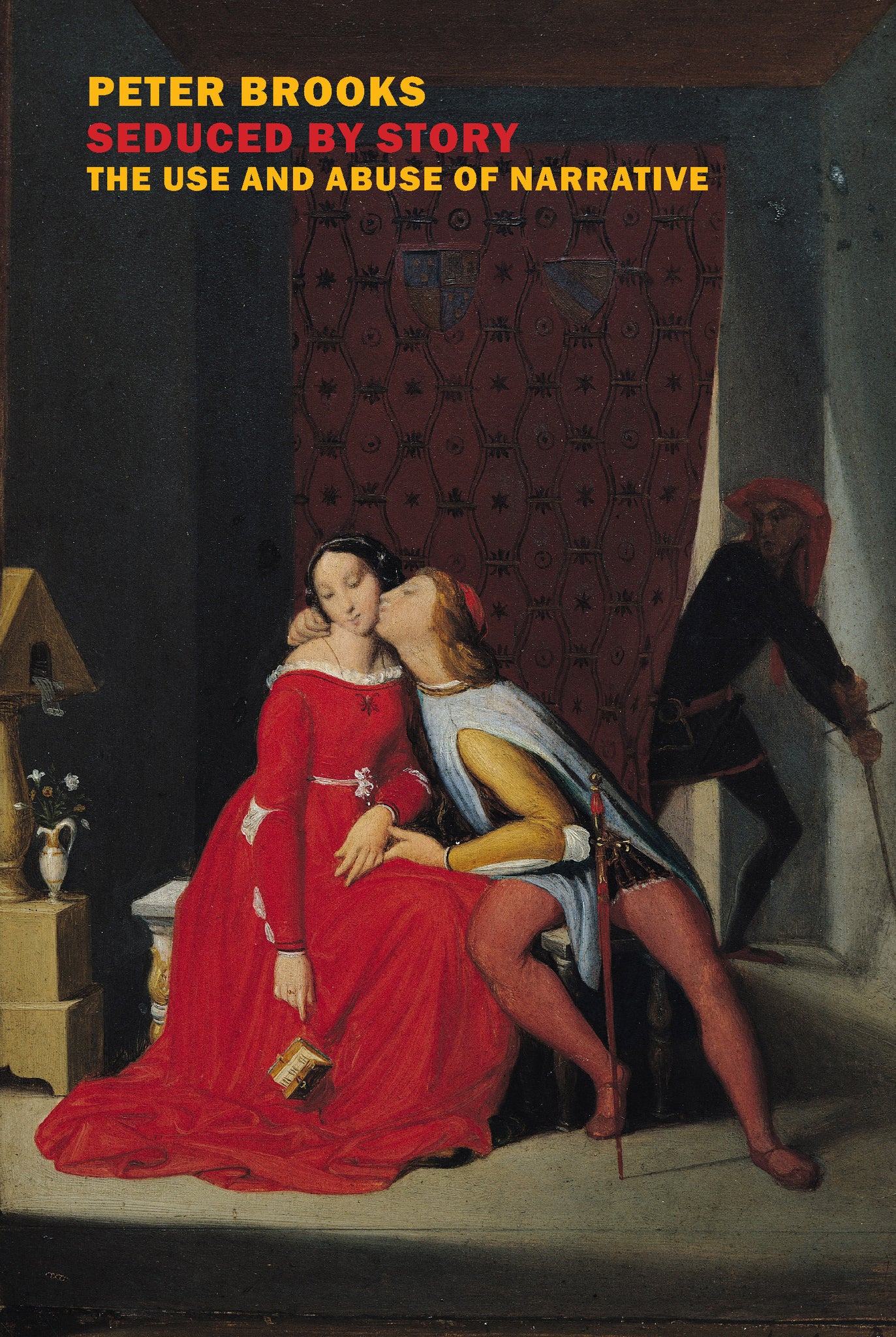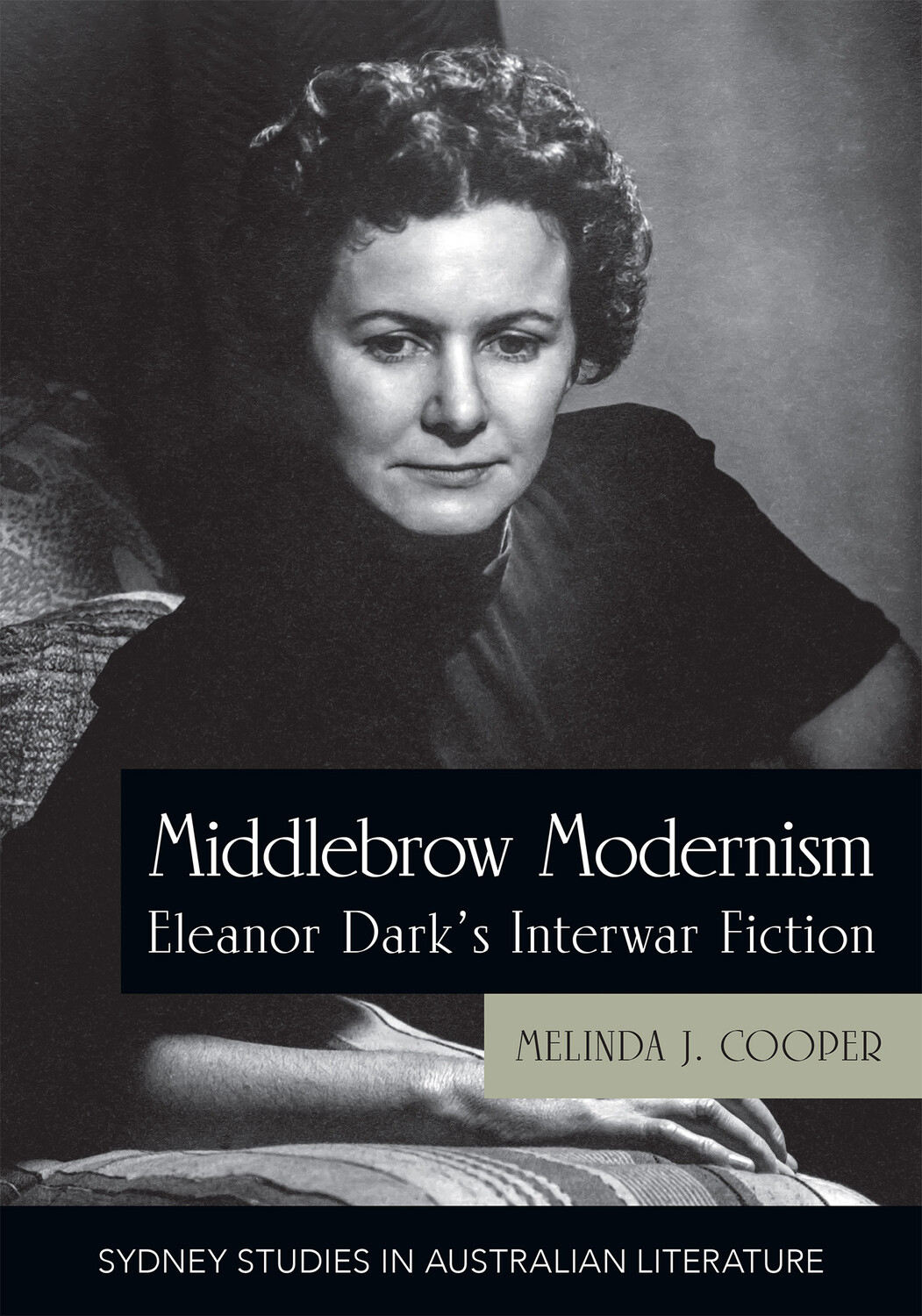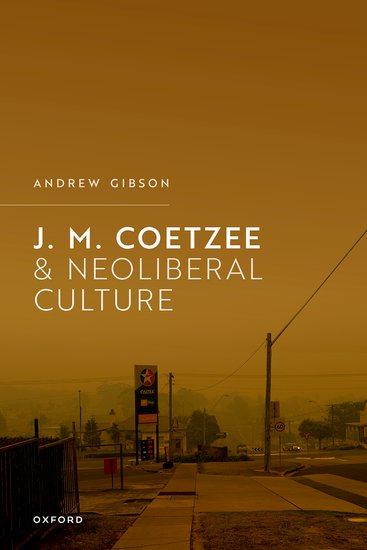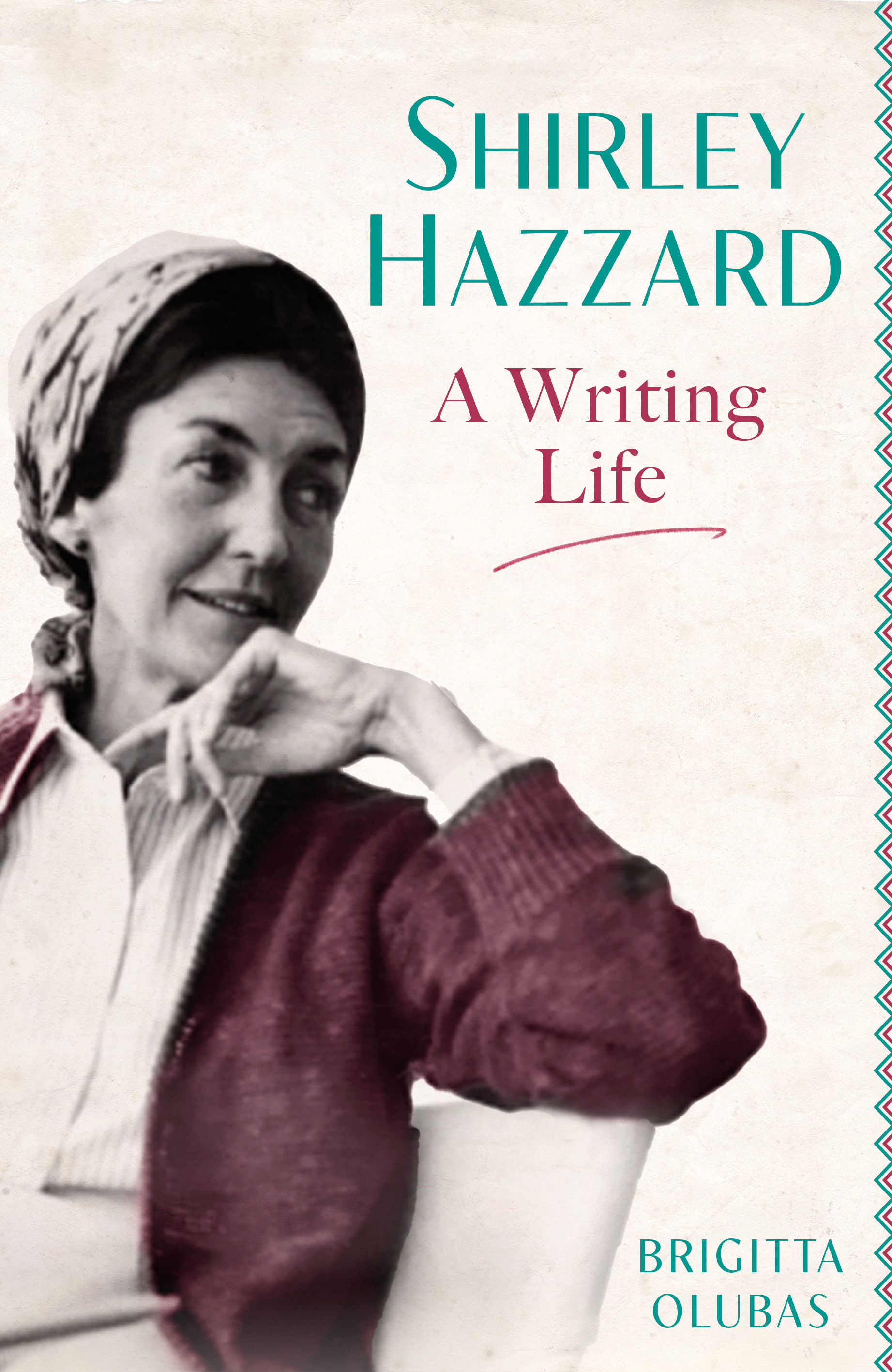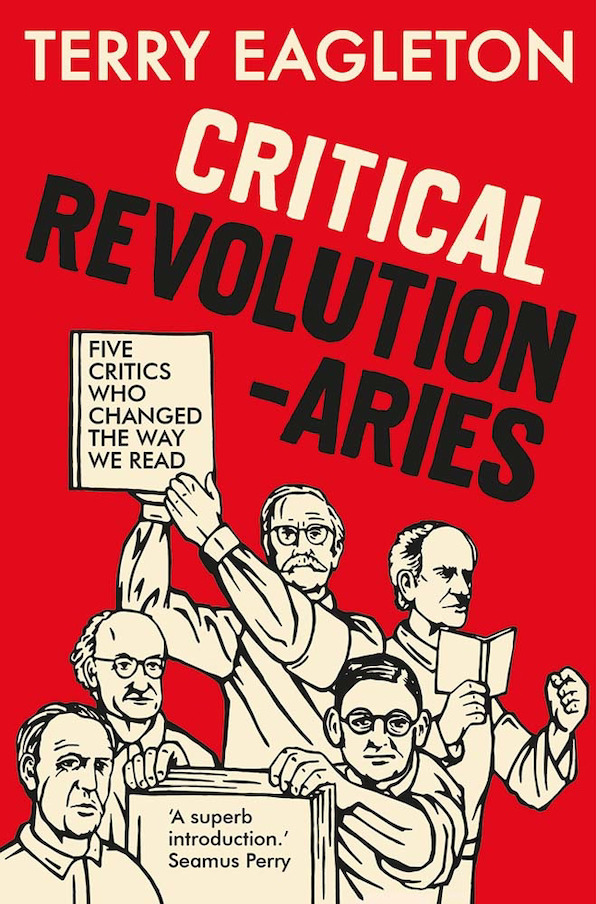Literary Studies
Professing Criticism: Essays on the organization of literary study by John Guillory
John Guillory is an eminent professor of English at New York University who has written extensively on English studies as an academic discipline. Professing Criticism brings together in revised form a selection of essays he has written on this subject over the past twenty years, together with some new material. Overall, the book offers a very knowledgeable and incisive analysis of the state of literary studies today.
... (read more)Incarnation and Metamorphosis by David Mason & The Colosseum Introduction to David Mason by Gregory Dowling
American/Australian poet, David Mason, is also a verse novelist, librettist, and essayist. His latest collection of essays, Incarnation and Metamorphosis: Can literature change us?, is clearly the work of a man who enjoys literature as he finds it rather than as he is told to see it. He is not afraid to declare in his introduction that ‘[s]ome literary works are better than others’. It is the works themselves, rather than the author’s origins or identity, with which he is concerned. In the first half of Incarnation and Metamorphosis, Mason concentrates on the issues that the phrase ‘better than others’ implies. The second half is devoted mainly to a number of writers whose work currently risks being undervalued or misunderstood to their disadvantage.
... (read more)The Family Idiot: Gustave Flaubert, 1821–1857, an abridged edition by Jean-Paul Sartre, translated by Carol Cosman, edited by Joseph S. Catalano
The Family Idiot (originally published in French in three volumes in 1971–72) is a study of Gustave Flaubert (1821–80). It was published in a fine translation by Carol Cosman, in five volumes, between 1981 and 1994. The Sartre scholar Joseph S. Catalano has produced a skilful, beautifully edited abridgment of this gargantuan opus.
... (read more)Lives of the Wives: Five literary marriages by Carmela Ciuraru
This book has one of the most off-putting jackets of recent memory. Elizabeth Jane Howard, glass in hand, is gazing attentively at her celebrated novelist husband Kingsley Amis, who is beaming with self-congratulatory pleasure at someone out of shot. Howard, no mean writer herself, seems to be performing the good wife’s duty of smiling at a joke she has heard at least ten times. It is a photo that invites the reader to buckle up for five essays about the wives of prominent writers who gave up their own ambitions for the greater good of being ‘handmaidens to genius’.
... (read more)Coming in at 3,140 pages spread over four chunky volumes and featuring essays by 181 contributors, The Oxford Encyclopedia of Literary Theory is in every sense a weighty articulation of the state of literary criticism in the early twenty-first century. In their famous Encyclopédie (1751–66), Diderot and d’Alembert promulgated the virtues of consolidating new know-ledge in the public domain, rather than leaving the intellectuals who were responsible for the development of such expertise isolated in their academic cloisters. Looking back self-consciously to this distinguished predecessor, John Frow, in his Introduction, acknowledges a tension between the encyclopedist’s instinct to reproduce conventional categories, instead of risking the introduction of new research that might upset conceptual applecarts, and the desire of ambitious editors to frame these topics in a progressive rather than ossified manner. Hence Frow cites his instructions to contributors as inviting authors ‘to make their own arguments about the topic rather than (just) describing existing treatments of it’, adding: ‘In this way many of our articles may diverge from what readers would expect to see out of a traditional encyclopedia entry.’
... (read more)Seduced by Story: The use and abuse of narrative by Peter Brooks
One of the more addictive podcasts I heard in 2022 was BBC Radio 4’s The Coming Storm, a history of the QAnon conspiracy theory and its connection to the attack on the US Capitol in January 2021. In a late episode, host Gabriel Gatehouse ponders the disturbing implications of his topic for how we think about narratives, and about the role narratives play in all our lives. ‘In a democracy,’ he says, ‘the winner is not always the one who has the best ideas. The winner is the one who tells the best story – and QAnon, this tale of a looming battle between good and evil, that’s the stuff of myths and legends.’
... (read more)Middlebrow Modernism: Eleanor Dark's interwar fiction by Melinda J. Cooper
In recent years there has been a resurgence of interest in Eleanor Dark (1901–85), which singles her out from the group of women who dominated the Australian literary scene in the 1930s and 1940s, and attends to the literary significance as well as the political and historical contexts of her work. While Miles Franklin and Katharine Susannah Prichard have been the subject of massive biographies, there have been no major critical studies of their writing. Their contemporaries such as Nettie Palmer, Jean Devanny, M. Barnard Eldershaw, and Dymphna Cusack have fallen out of sight. But since the publication of Eleanor Dark: A writer’s life by Barbara Brooks in 1998, there has been a steady stream of essays and book chapters, a special issue of the journal Hecate, a second biography, and now a critical monograph on the work of this novelist.
... (read more)Anyone who has read J.M. Coetzee’s Diary of a Bad Year (2007) will vividly recall the character Alan – annoyingly brash, unethical, self-serving and sexist; one of a new generation of tech-savvy investment consultants. For British academic, literary critic, and writer Andrew Gibson, in this new study of Coetzee, these are among the typical traits of neoliberal individualism that Coetzee’s body of writing resists and critiques. Gibson characterises contemporary global neoliberalism as having led not just to the impoverishment of modern culture but to a lack of planetary care, resulting in climate change, precarity, and depleted resources. The book’s dustjacket brings these issues closer to home; it features an apocalyptic image of the thick orange smoke from the 2019 bushfires at the New South Wales coastal town of – appropriately – Eden. (Gibson was in Australia at this time as a Visiting Professor at the J.M. Coetzee Centre for Creative Practice in Adelaide.)
... (read more)Shirley Hazzard challenged Auden’s line that poetry makes nothing happen. In her case, she said, poetry made everything happen. It was because she learned Italian as a teenager in order to read Leopardi in the original that she was sent, aged twenty-six, by the United Nations, to Italy, where she wrote ‘Harold’, the story about the awkward young poet that was published in the New Yorker in 1960, after which ‘everything changed’.
... (read more)Critical Revolutionaries: Five critics who changed the way we read by Terry Eagleton
For generations of English literature graduates in the Anglophone world, Terry Eagleton’s name has become synonymous with literary theory, not because he has been its leading practitioner or fiercest advocate, but because he published Literary Theory: An introduction in 1983. This widely assigned primer conceals a deep ambivalence behind its innocuous title: in his conclusion, Eagleton announces that the book has been ‘less an introduction than an obituary’, in the sense that ‘literary theory’, like literature itself, only pretends to name a bounded field of enquiry. Nonetheless, the enterprise of theory rumbled on largely untroubled for two decades (who knows how many of the undergraduates assigned the book made it to the conclusion), and so After Theory (2003) was much less demure: ‘The golden age of cultural theory is long past,’ Eagleton announces on page one. In the preface to the same work he remarks, with disarming bluntness, that theory’s contemporary orthodoxy fails to ‘address itself to questions searching enough to meet the demands of our political situation.’
... (read more)
